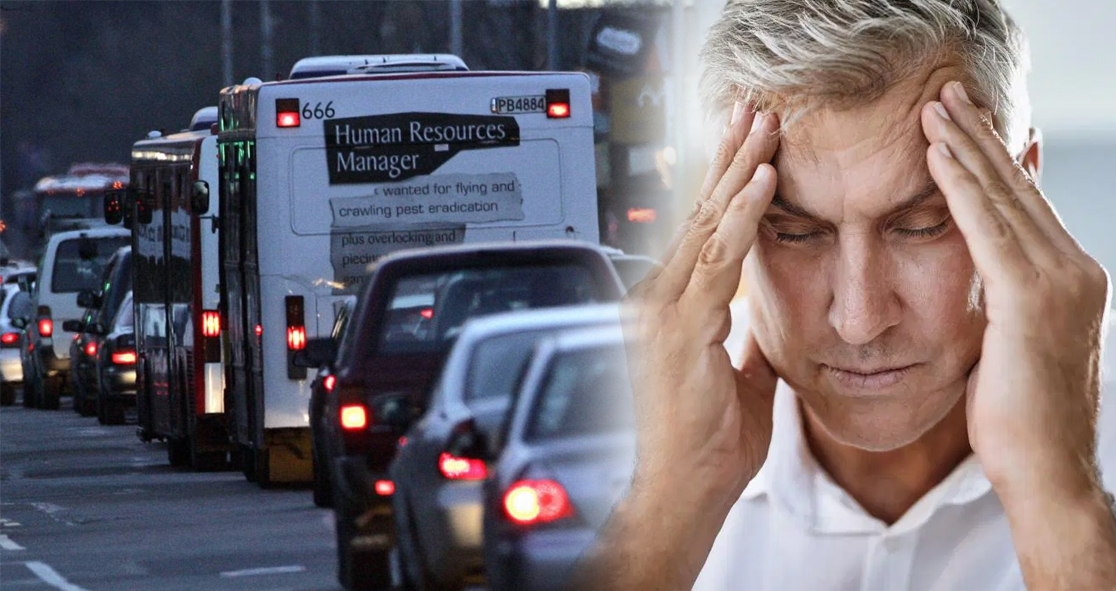A new study published Monday in the Journal of the American Heart Association has found that the traffic noise could increase one’s risk of developing diabetes and high blood pressure (hypertension).
Canadian researchers found that the risk of diabetes and hypertension increased among people who were chronically exposed to high traffic noise.
They looked at over 1 million Toronto residents between the ages of 35 and 100 for a period of 15 years.
They discovered that for each 10-decibel increase in traffic noise, the risk of diabetes increased by 8 percent and hypertension by 2 percent. The risk further increased after exposure to air pollution and poor socioeconomic status.
Research scientist with Health Canada and senior study author Dr. Hong Chen said, “This may have something to do with people’s sensitivity to noise exposure. For example, age-related hearing loss may play a role, as typically it is more difficult for relatively older individuals to detect noise.”
Dr. Chen explained that noise exposure could instigate multiple stress responses, which could increase the level of stress hormones. Also, frequent exposure may cause metabolic problems and insulin resistance, which could result in diabetes.
Previous studies have found that road traffic noise has been associated with severe hypertension and diabetes. A 2017 study reported in Environmental Research found that road, rail, and airplane noise could increase the risk of severe hypertension, causing heart disease. A 2013 study found that each 10-decibel increase in traffic noise increased the risk of diabetes.
Dr. Richard Becker from the University of Cincinnati Heart, Lung & Vascular Institute, who was not part of the study, said the new study’s findings are important for a variety of reasons.
He noted that people across the world are increasingly living in urban areas, exposing them to the road, rail, and airplane noises.
The world’s urban population increased from 751 million in 1950 to more than 4 billion in 2018, according to the United Nations.
Dr. Becker said, “This information can inform building codes, city planning, road surface reflection, ground absorption and a variety of things that will minimize exposure to road traffic noise.”
“It could be that critical parts of the sleep cycle are disturbed or that there are subcortical reflexes to something that the brain is interpreting as potentially harmful,” he added.
However, Dr. Chen said we need additional studies to clarify the link between health issues and frequent noise exposure. “Public health efforts to reduce the exposure of noise to residents may foster a quality residential noise environment, thereby contributing to better health and well-being and a healthier city overall,” said Dr. Chen.




















